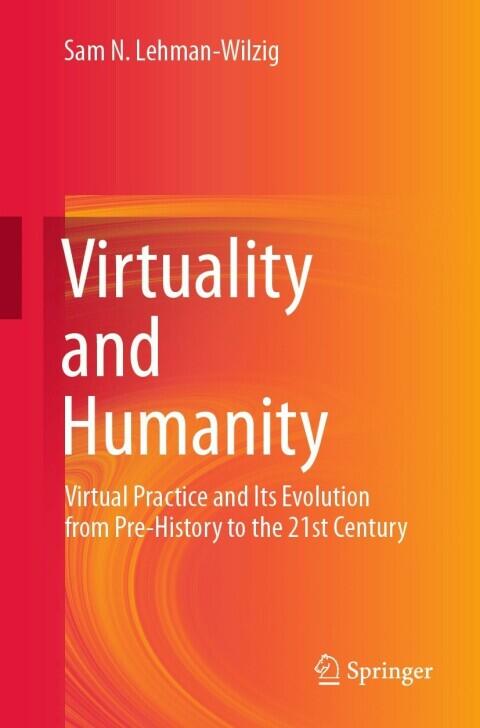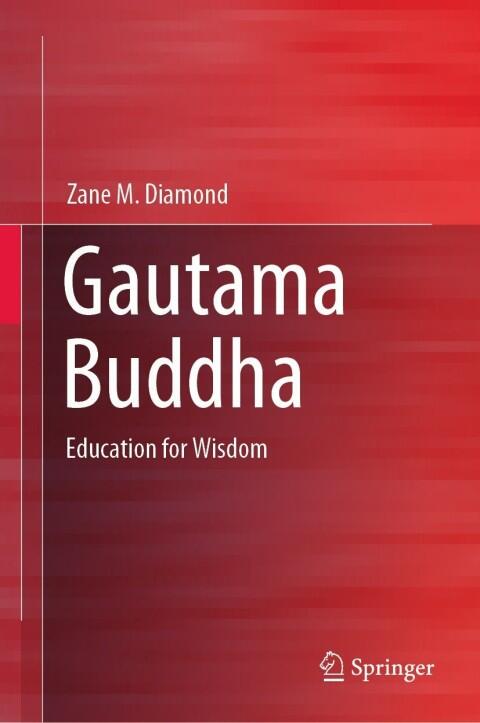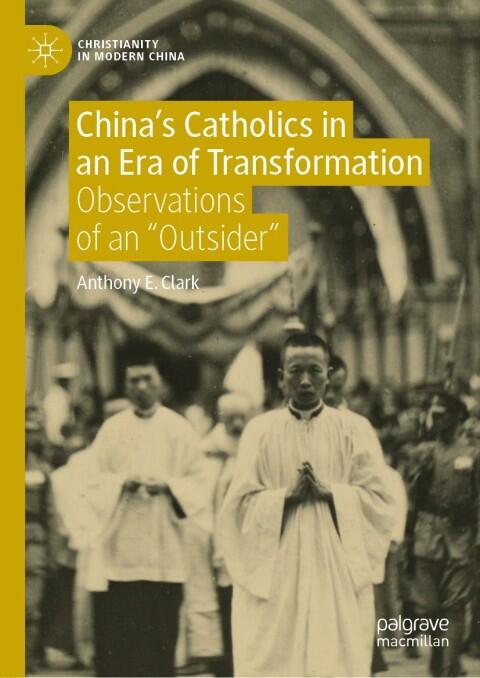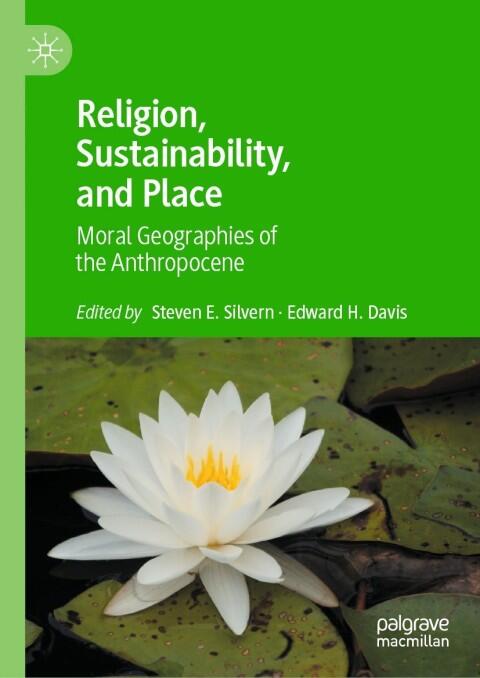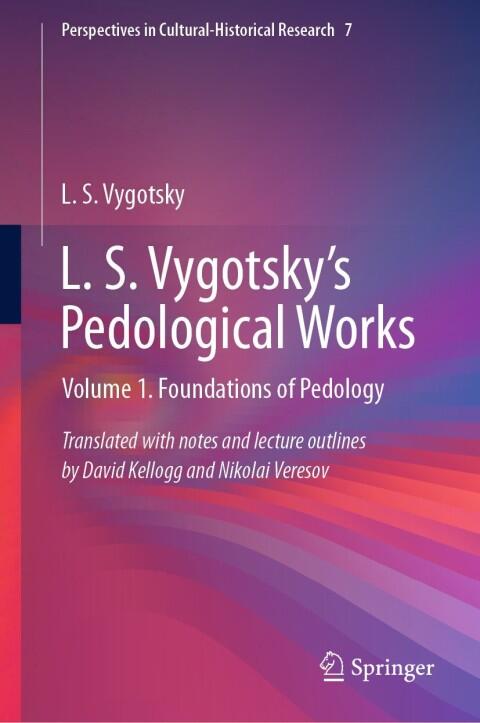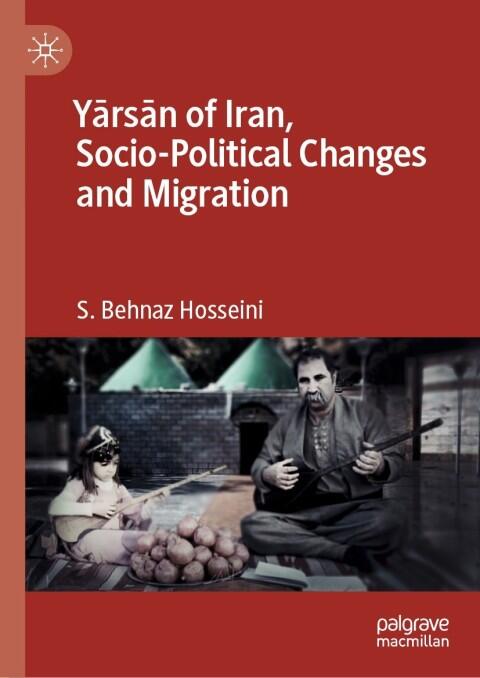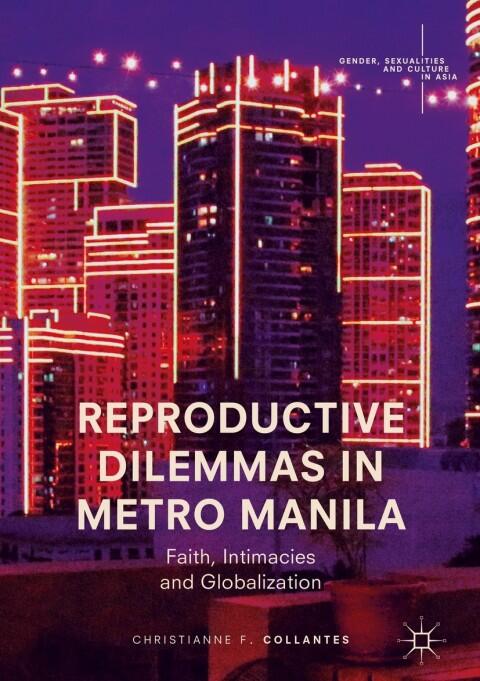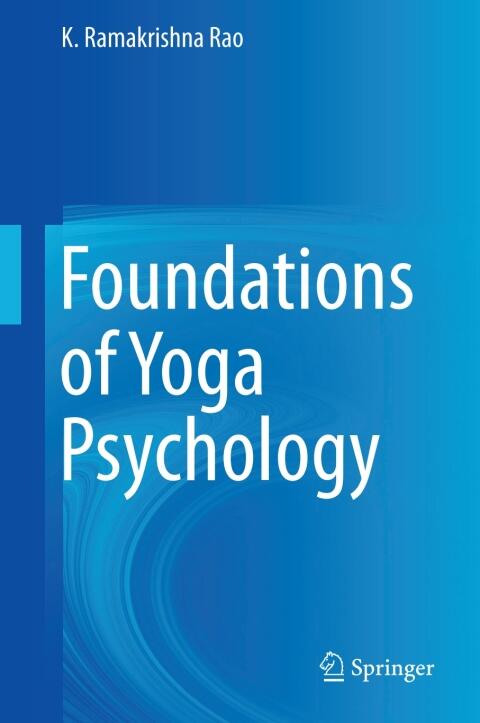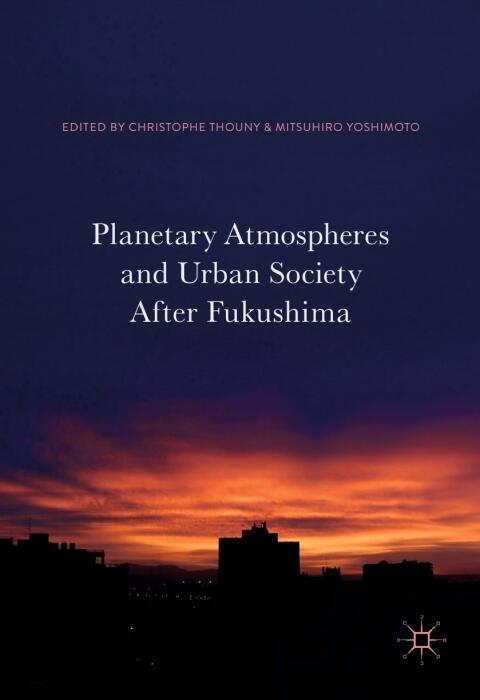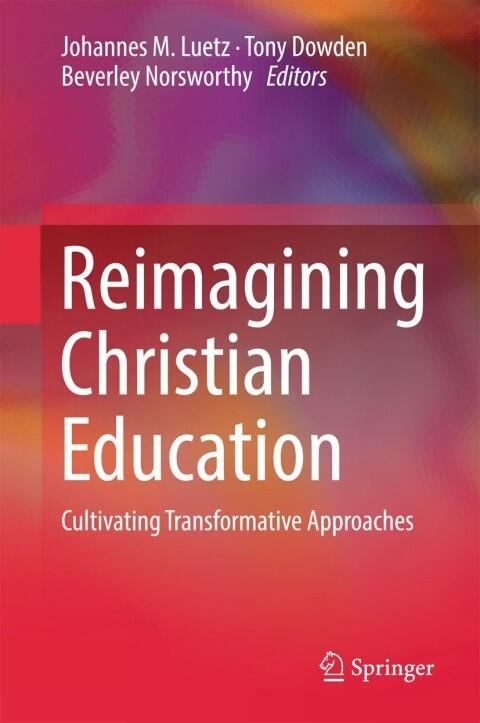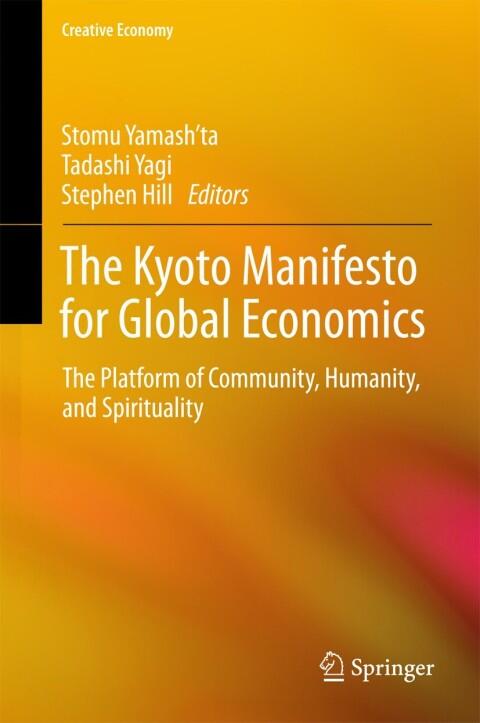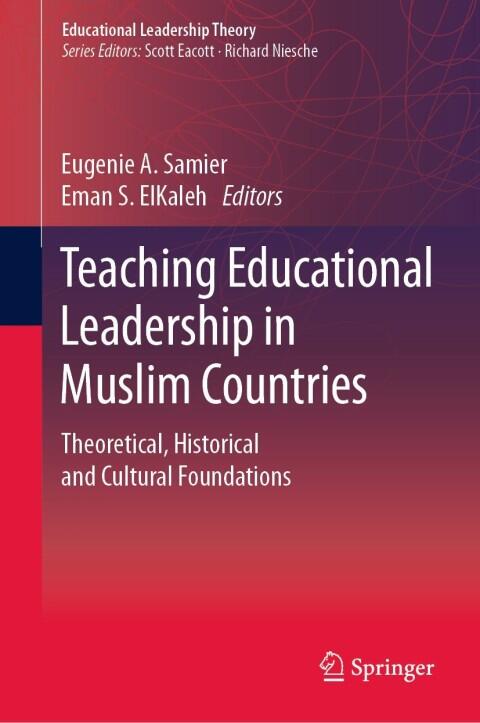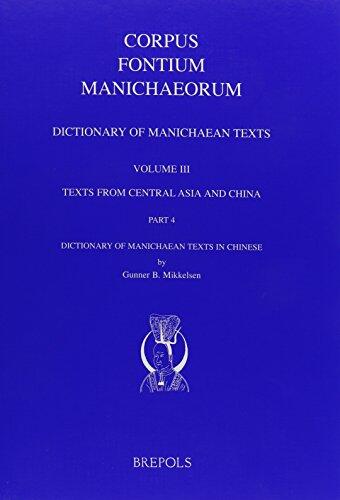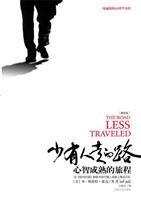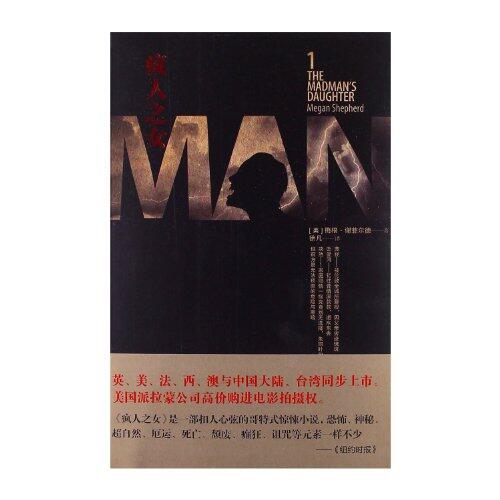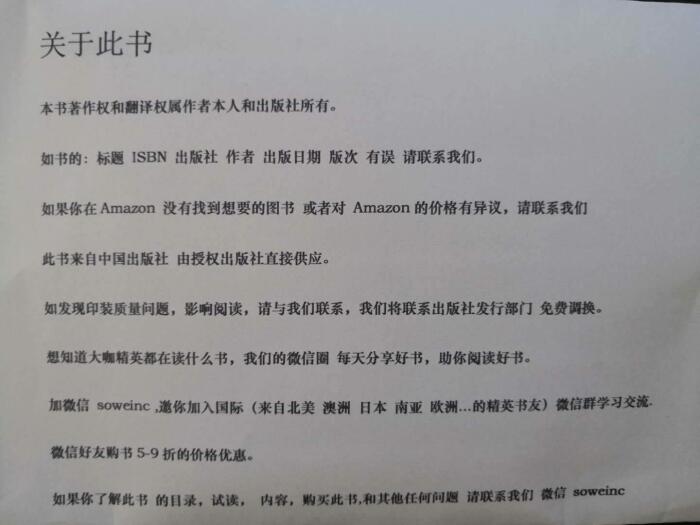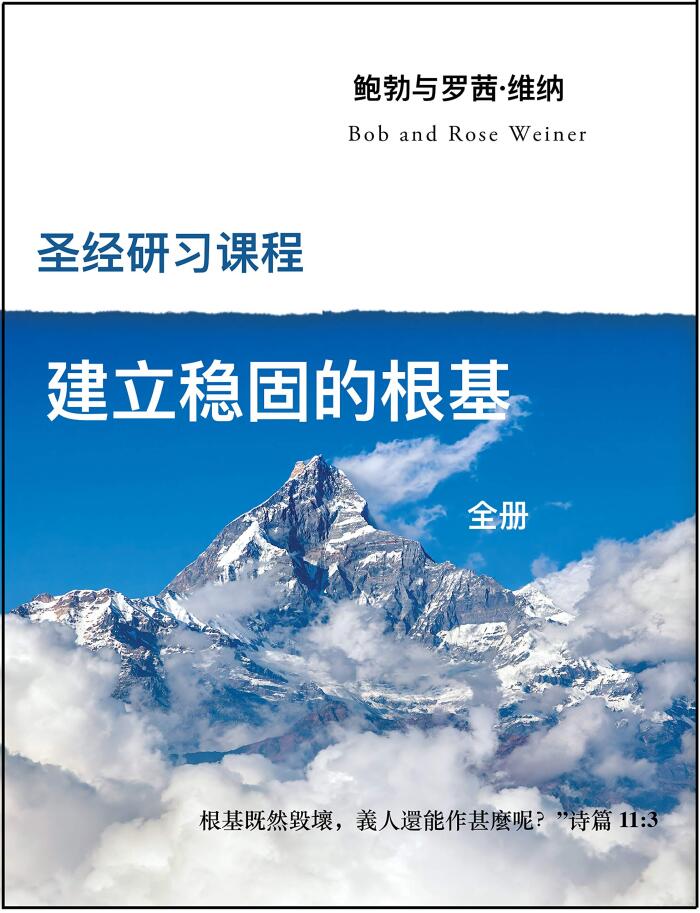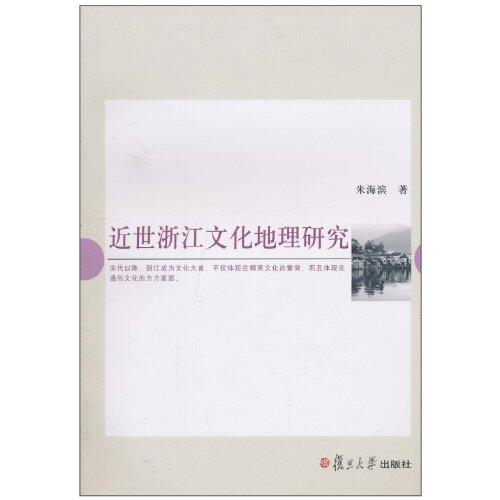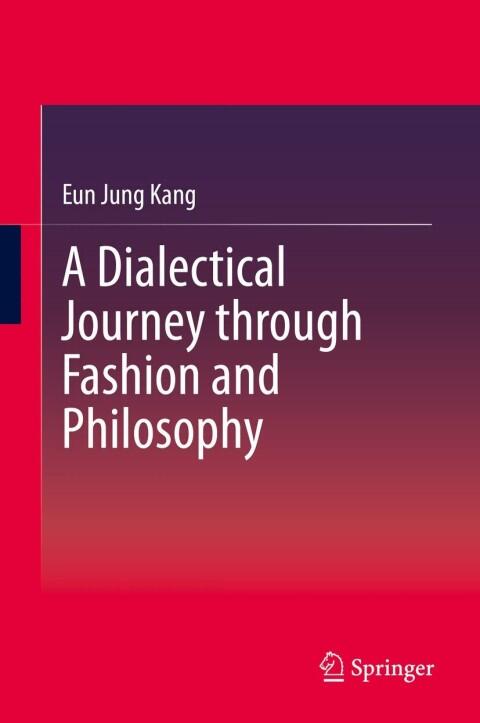
A Dialectical Journey through Fashion and Philosophy
작성자
Eun Jung Kang
아직 평점이 없습니다
Religion & Spirituality
History
Philosophy
형식
킨들
페이지
200
언어
중국어
출판됨
Jan 1, 2020
출판사
Springer
판
1st ed. 2019
ISBN-10
9811508143
ISBN-13
9789811508141
설명
Eun Jung Kang's exploration intertwines the worlds of fashion and philosophy, presenting a thoroughly engaging narrative that invites readers to reconsider the societal implications of style. This work delves into the deeper meanings behind fashion trends, scrutinizing how they reflect and shape human existence, identity, and cultural values. Through a dialectical approach, it promotes dialogue between aesthetic expression and philosophical inquiry, revealing unexpected connections that provoke both thought and inspiration.
Kang emphasizes the role fashion plays in understanding contemporary dilemmas, as the author posits that clothing is not merely superficial but also a significant aspect of personal and collective identity. By examining historical shifts and current trends, the book reveals how fashion serves as a medium for philosophical expression and social commentary. It stands as a platform for discussing broader issues such as consumerism, sustainability, and individualism.
Bringing together rigorous analysis and personal reflection, this journey enhances the appreciation of fashion as a dynamic cultural force. Readers are encouraged to engage with the material on a deeper level, recognizing the philosophical undercurrents that influence their choices and perceptions. Through this rich tapestry of ideas, Kang opens up new avenues for understanding the interplay between aesthetics and critical thought, making this work a significant contribution to both fields.
Kang emphasizes the role fashion plays in understanding contemporary dilemmas, as the author posits that clothing is not merely superficial but also a significant aspect of personal and collective identity. By examining historical shifts and current trends, the book reveals how fashion serves as a medium for philosophical expression and social commentary. It stands as a platform for discussing broader issues such as consumerism, sustainability, and individualism.
Bringing together rigorous analysis and personal reflection, this journey enhances the appreciation of fashion as a dynamic cultural force. Readers are encouraged to engage with the material on a deeper level, recognizing the philosophical undercurrents that influence their choices and perceptions. Through this rich tapestry of ideas, Kang opens up new avenues for understanding the interplay between aesthetics and critical thought, making this work a significant contribution to both fields.
